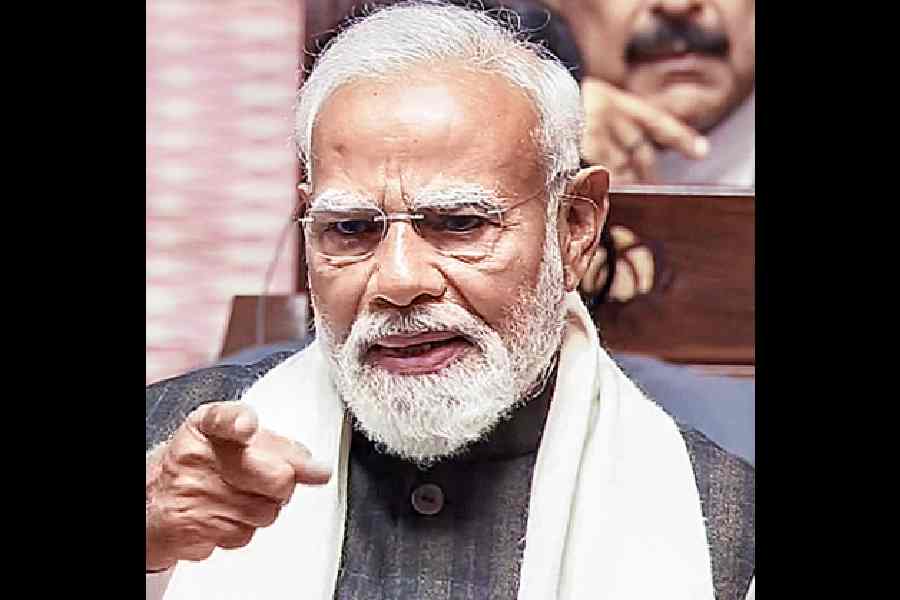 |
Bhubaneswar, July 24: Odia is a step away from attaining the classical language tag, but the question remains whether the Gen-Y is conscious of the importance of its mother tongue.
Litterateurs and academicians feel that the use of the language has considerably reduced among youngsters. Academicians blame it on a flawed socialisation process and dearth of quality literary works.
Writer Nachiketa Swain, 37, prefers to write in English or Hindi as he does not have “that good a grip” over Odia. “I have read some classics by Odia authors, but the readable content in our language for the youth is very less. Even the quality of our films is not quite alluring for youngsters,” said Swain.
A ban on speaking Odia in public schools hindered youngsters’ enthusiasm for learning the language, said Dimple Patnaik, an economics student of BJB Autonomous College here. “Authorities are strict about students conversing in English on school premises. Uttering an Odia word means paying a fine. Moreover, it is not included as a compulsory subject till Class X. So, naturally, we tend to forget how to read or write in Odia,” she said.
Odisha was the first state in the country to allow students to choose Sanskrit as an alternative language in school, apparently leading to a decreased interest in Odia language.
Youth activist Sujit Mahapatra said people always aspired for the “language of power” and that it was “tough to avoid speaking in English as it was part of our intellectual make-up”. “During the Mughal era, it was Persian. Now, it is English. We think that people will take us more seriously if we speak a few words in English. The aspiration to become more cosmopolitan is, however, tinged with a feeling of anxiety that talking in Odia might make us appear unsofisticated,” he said.
Litterateur Pratibha Satpathy said the use of mother tongue among the youth had nosedived due to an IT revolution and increased use of computers, which necessitates communication in English. “This is not a problem with Odia, but all regional languages. Parents are primarily responsible for not taking interest to ensure that their children learn their mother tongue. Schools must also see to it that Odia is taught right from the kindergarten,” she said.
At present, alphabet learning is done only in English from the entry-level classes. However, a government resolution issued on June 11, 2004, provides that English medium schools must have a compulsory subject in Odia language up to Class VII.
“In urban areas, children are not encouraged to read or write in Odia. We have a lot of journals and newspapers in Odia and are capable of protecting our language, but we need to change our despicable attitude towards Odia. We must organise events and competitions in our own language and shops should have Odia signboards. The government files and notices must also be in Odia,” said historian Lalatendu DasMohapatra.
Radical steps must be taken to popularise the language, said D.N. Jena, vice-chancellor of Utkal University of Culture. “For example, if a marriage invitation is not printed in Odia, we should shun the event,” he said.










